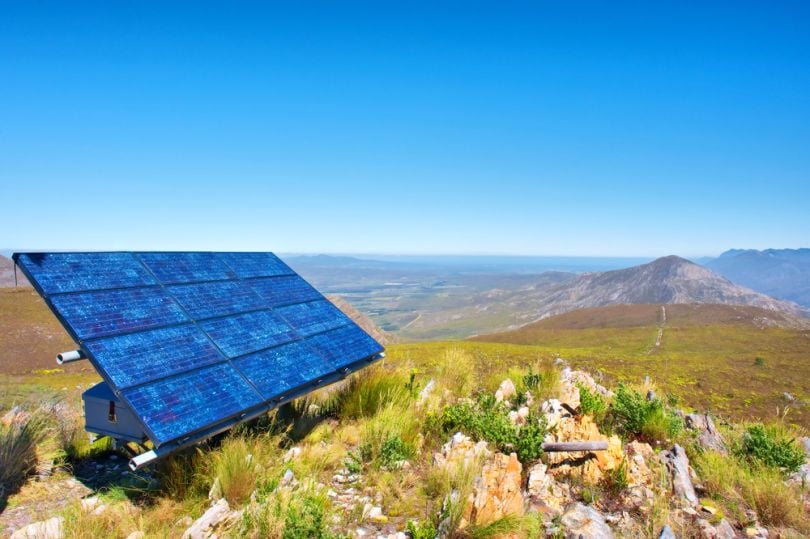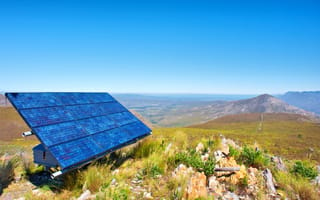
Could blockchain change the face of renewable energy in Africa? The World Economic Forum says yes, in favor of the distributed ledger technology’s potential on a continent where electricity demand too often goes unmet and generators pick up the slack in lieu of a comprehensive grid.
High generation and distribution costs have led African governments to explore renewable energy in off-grid communities as the most feasible route to achieving the UN Sustainable Development Goal #7 of universal energy access for all by 2030.
Solar PV and wind energy have emerged as the simplest and most cost effective way to bring electric power to rural communities in Africa. Investors such as the African Development Bank (AfDB), Overseas Private Investment Corporation and World Bank have poured resources into funding these development in countries such as Togo, Nigeria and the Democratic Republic of Congo.
Now, blockchain has emerged as a potential means of tracking the success of electrification in Africa, which currently measures the number of connections made and megawatts installed without taking into account the end use of that power.
Now, blockchain has emerged as a potential means of tracking the success of electrification in Africa, which currently measures the number of connections made and megawatts installed without taking into account the end use of that power.
The World Bank is exploring how blockchain could be a tool to gauge how much of the decentralized energy is being used to increase productivity, whether appliances, classrooms, equipment or irrigation systems.
According to the World Economic Forum, blockchain makes it possible to “record energy consumption, credit histories (which are relevant when there is a need for access financing), as well as provide energy trading between households; giving consumers more control of their energy requirements and consumption.”
Organizations such as the Energy Web Foundation have already begun building blockchain enabled energy consumption management solutions. EW Origin, for example, is a marketplace for solar PV smart meters that also records information such as source type, time, location and CO2 emissions on renewable electricity generated.




